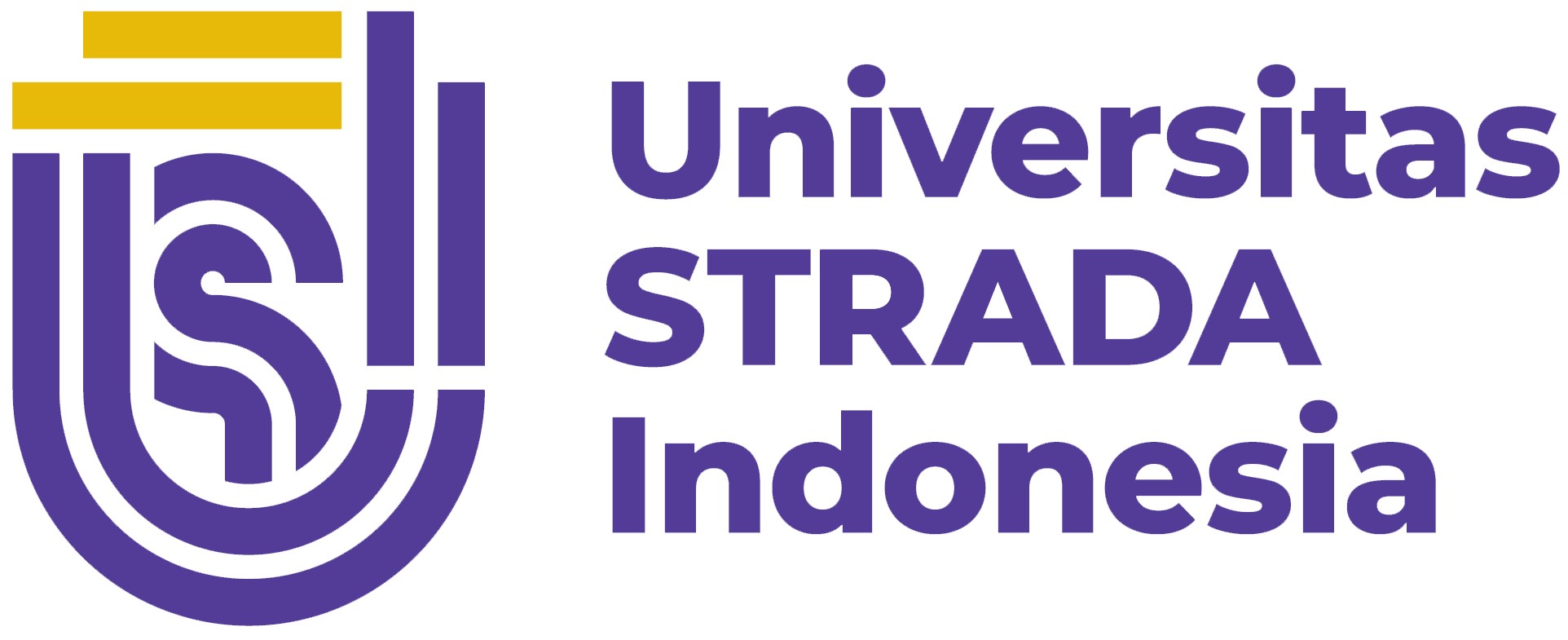Psychoeducation of Stress Management on Family Self Efficacy in Caring For Patients With Mental Disorders
Main Article Content
Lingga Kusuma Wardani
Hildegardis Indah R Malairu
Nurdina Nurdina
Background: The family's burden is exacerbated by stigma which can come from oneself or the environment during treatment for a family member with a mental disorder, which makes the sufferer's condition worse and even the family's boredom and fatigue during treatment. The The aim of this research is to analyze the influence of stress management psychoeducation on families self-efficacy in caring for patients with mental disorders.
Methods: This research uses one group pre test and post test design. Respondents were taken using a purposive sampling technique with a sample of 30 people. The independent variable is stress management psychoeducation and the dependent variable is family self-efficacy in caring for patients with mental disorders. Statistical test results use the Wilcoxon Test.
Results: The results of the study showed that family self- efficacy in caring for patients with mentally disorders before stress management psychoeducation was known by the majority of respondents, 22 (73%) in the poor category. Family self-efficacy in caring for patients with mental disorders after stress management psychoeducation was known by almost all respondents, 25 (83%) in the good category. The results of data analysis show that the significance level is 0.000 < α = 0.05 so that H0 is rejected and H1 is accepted, thus there is an influence of stress management psychoeducation on family self-efficacy in caring for patients with mental disorders.
Conclusion: Stress management psychoeducation is one way of social persuasion to increase family self-efficacy in caring for patients with mentally disorders. Because psychoeducation has the aim of helping people with certain physical or mentally health conditions to obtain appropriate and correct information about these conditions







